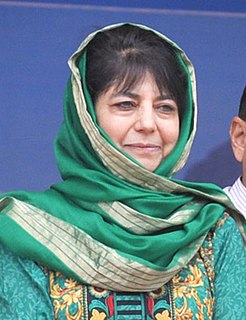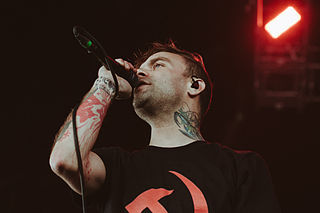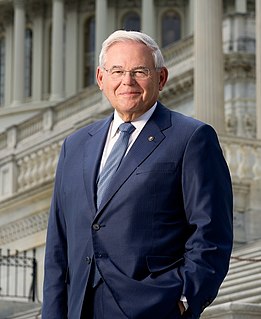A Quote by Pankaj Mishra
Many ethnic minorities chafed at the postcolonial nationalism of India and Pakistan, and some rebelled.
Quote Topics
Related Quotes
The real concern is that Iran would do what Pakistan did. Pakistan wanted nuclear weapons, like Iran, purely for defensive reasons - to defend itself against India. The problem was that once Pakistan acquired the weapons, it allowed the country to be more aggressive. So they stepped up their support for the Kashmiri terrorists, and it led very quickly to the Kargil crisis in 2000, which almost sparked a nuclear war between India and Pakistan.
I remember harrowing episodes. People who emigrated, people who didn't want to emigrate...Many Muslims didn't want to leave India to go to live in Pakistan, but the propaganda was that there they'd have greater opportunities and so they left. Many Hindus, on the other hand, didn't want to stay in Pakistan, but they had ties there or property and so they stayed.
The issue of Kashmir is both political and emotional in nature. Any pragmatic and lasting solution needs India and Pakistan sitting together on a table and discussing a solution that addresses the aspirations of Kashmiris and does not compromise the territorial integrity of either India or Pakistan.
First of all, let me give my comments on the blasphemy law. This law was introduced by the military dictator General Ziaul Haq. No one demanded the blasphemy law in Pakistan. But he wanted to give protection to his undemocratic rule, dictatorship, by using religion. So Pakistan came into being in 1947, and from 1947 until 1986 no case against any minorities was registered under the protection of the blasphemy law. Nobody from minorities was killed and no act of violence happened [against them].






































